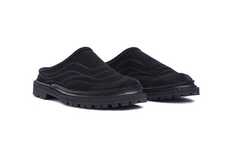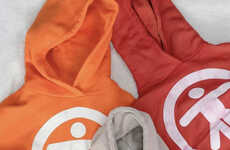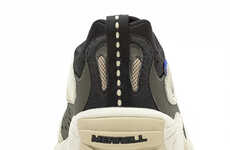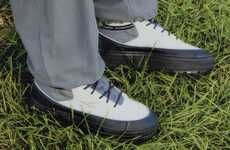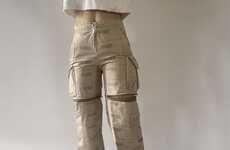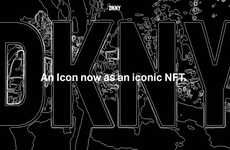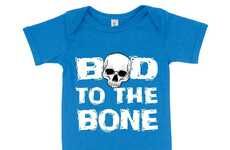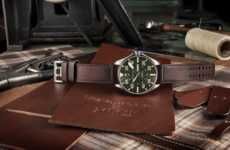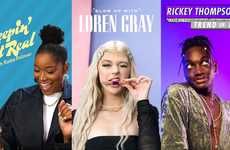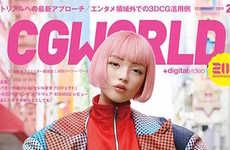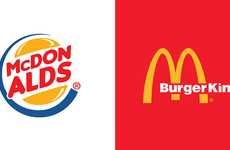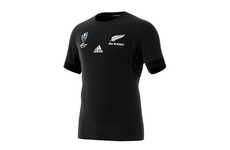
Nicole McLaughlin Creates Wearables with One's Favorite Brand Logos
Kalin Ned — January 17, 2019 — Art & Design
References: instagram & highsnobiety
The appeal of globally recognized labels is solidified by the creative approach and consumer interest in Nicole McLaughlin's products which tap favorite brand logos as a defining element of design. With a strong vision, combined with a relentless willingness to destroy and reconfigure, McLaughlin offers social commentary and something fun to look at. Her DIY-style garments range from patchy Ralph Lauren-inspired shorts and bootleg adidas-referencing slides to semi-transparent Dover Street Market-themed button-ups and vests that nod to Whole Foods. Building on the logomania movement, it is hard to decipher whether there is any irony in Nicole McLaughlin's creations or whether they are pure experimentation.
The favorite brand logo-inspired garments gained traction on Instagram and have proven themselves to be a token of completely shearable, curiosity-driving content.
The favorite brand logo-inspired garments gained traction on Instagram and have proven themselves to be a token of completely shearable, curiosity-driving content.
Trend Themes
1. Logo-mania Apparel - The trend of creating DIY-style garments with brand logos as a defining element of their design presents an opportunity for companies to explore disruptive technologies that can personalize clothing items through technology.
2. Social Commentary Fashion - The trend of creating wearable items with subtle social commentary presents an opportunity for clothing manufacturers to innovate with sustainable and eco-friendly manufacturing techniques.
3. Curiosity-driving Content - The trend of creating wearable items that drive curiosity and social engagement presents an opportunity for marketers to explore new content marketing techniques and social media strategies to engage customers in more meaningful ways.
Industry Implications
1. Fashion Manufacturing - The fashion industry can explore new manufacturing techniques that are sustainable and eco-friendly and invest in product design technologies that help create personalized fashion items at scale.
2. Social Media Marketing - The social media industry can explore new approaches to content marketing that leverage user-generated content and immersive storytelling techniques to engage audiences more effectively.
3. Retail - Retailers can leverage new technologies that enhance the in-store experience through interactive displays, augmented reality (AR), and virtual reality (VR) applications that allow customers to experience clothing items virtually and personalize their shopping experience.
6.3
Score
Popularity
Activity
Freshness



